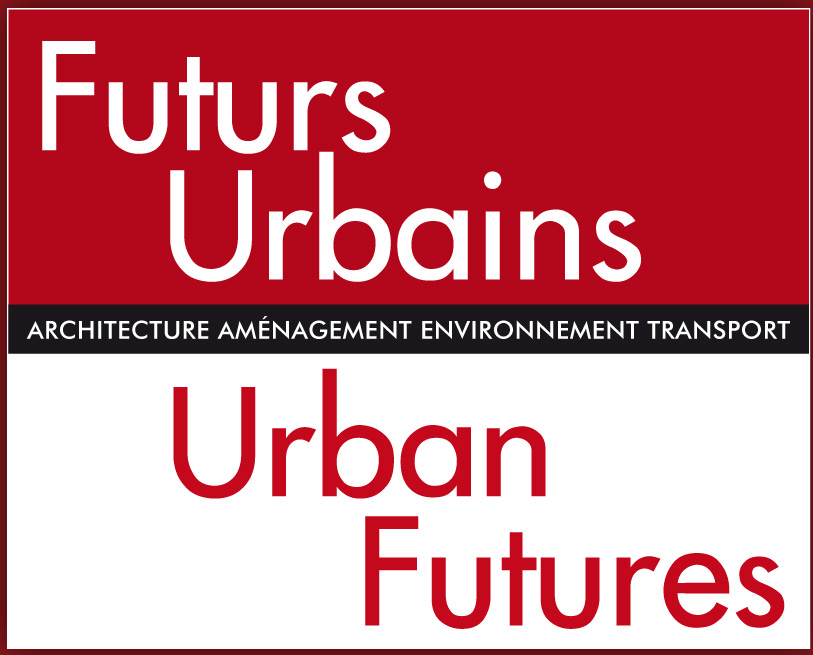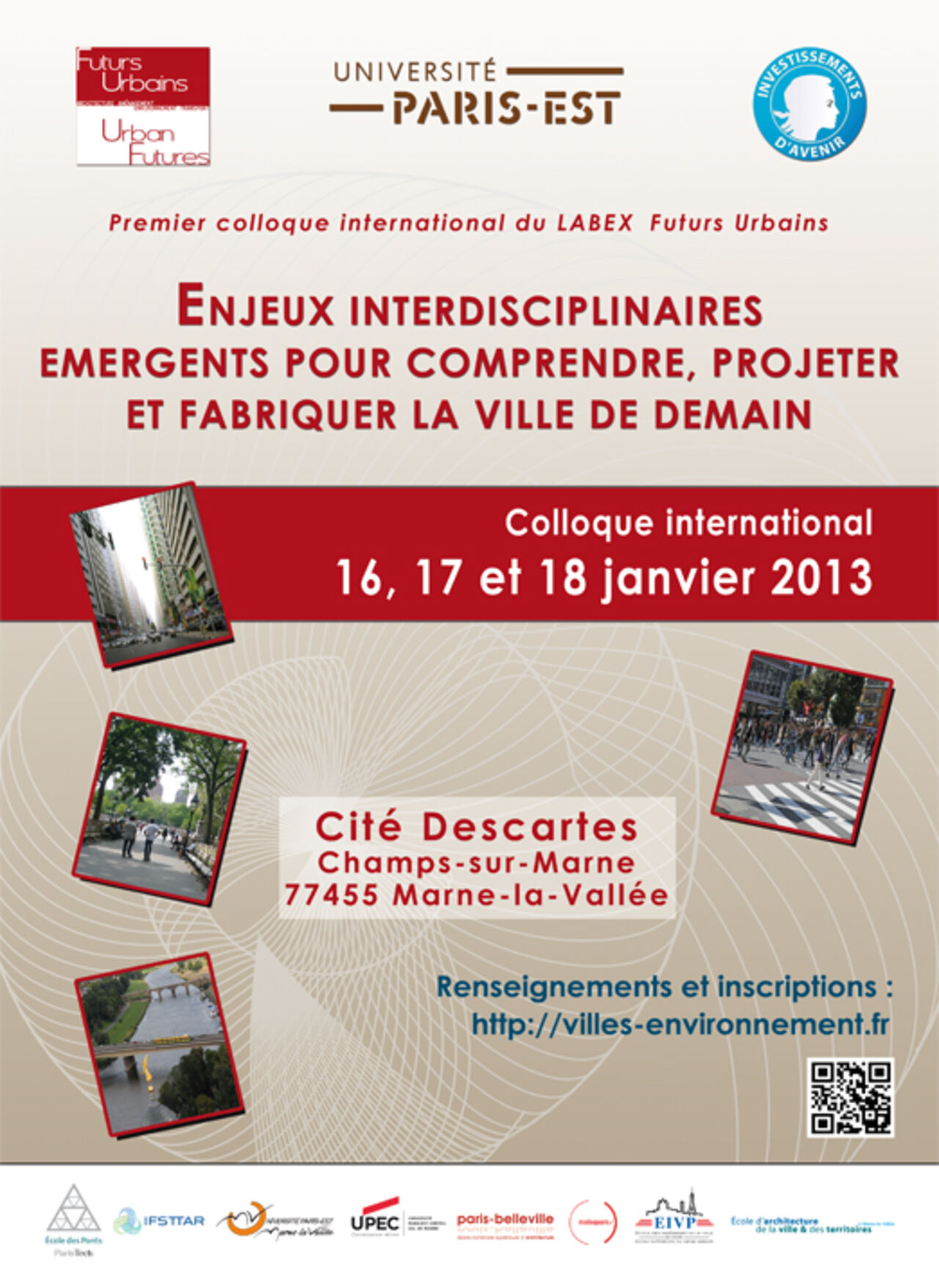First LABEX international conference
- Program (to download) 338 Ko
Emerging inter-disciplinary issues for understanding, projecting and producing the cities of tomorrow - 16, 17 and 18 January 2013
Discussions and papers at this first international seminar will focus on topics that straddle a number of emerging inter-disciplinary issues that will then be identified and fleshed out based around four key themes:
Metropolises and metropolitan planning: what innovation dynamics?Globalisation of exchanges, knowledge and technical innovation as well as competition between different cities that extends well beyond national borders (Eckardt and Hassenpflug, 2004, Savitch and Kantor, 2002) is helping to nurture the thesis of urban convergence (Cohen, 1996).
Urban activity and the environment: new models for construction.The city concentrates human populations and activities whose dynamics are governed by a whole host of factors: planning, architecture, transport, energy, the environment, etc. The sheer variety of these dimensions and their interactions help to define the constraints and potential of urban space and this complexity needs to be factored into urban management approaches.
Cities for everyone: new vulnerabilities and governance methods. The crises that we are witnessing in the early 21st century – financial crises, climate change impacts, the urbanisation of poverty – are undermining cities and their inhabitants and highlighting the whole question of new vulnerabilities.
Urban infrastructures and services for resource-efficient cities? New approaches to how cities work – especially concerning the underlying networks and services – are based on the idea of more frugal cities with a smaller carbon footprint. In observational terms, a metabolic approach to urban territories, materials analyses or life cycle analyses have added an assessment of the consumption of environmental resources to economic efficiency criteria.



